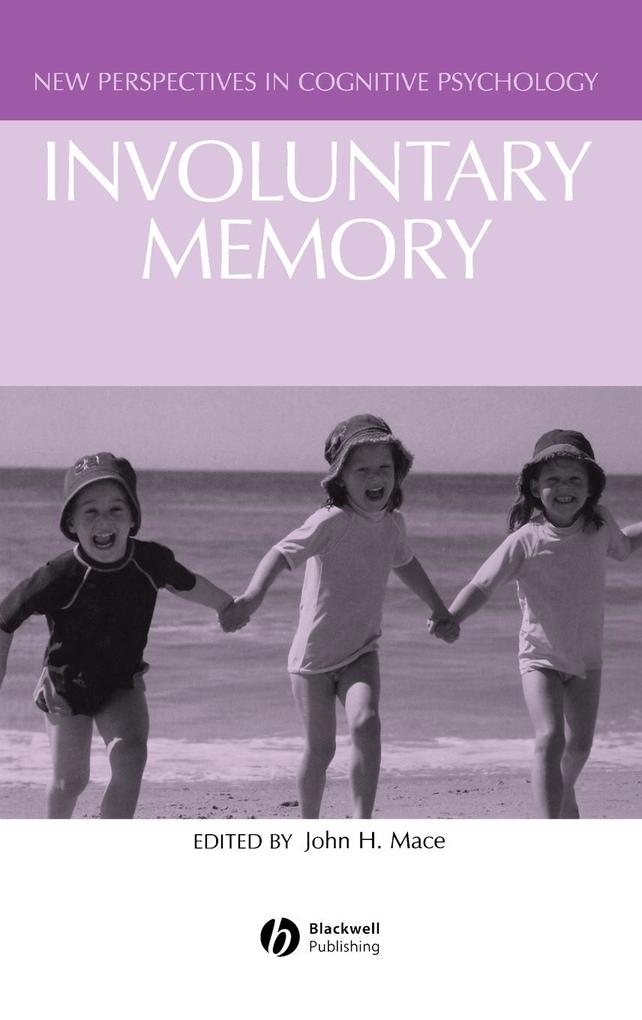Involuntary memory was identified by the pioneering memory researcher Hermann Ebbinghaus more than a century ago, but it was not until very recently that cognitive psychologists began to study this memory phenomenon. This book is the first to examine key topics and cutting-edge research in involuntary memory. Topics discussed include involuntary memories in everyday life, across the life span, and in the laboratory; the special ways in which involuntary memories sometimes manifest themselves such as in voluntary remembering, or in clinical syndromes like posttraumatic stress disorder; and a number of theoretical treatments.
The authors present innovative research on topics such as autobiographical memory; consciousness and memory; aging and memory; depression; and psychosis. With a balance of research and applications, this work will educate and ignite research and ideas on this important topic.
Inhaltsverzeichnis
Preface. Contributors.
Acknowledgements.
1. Involuntary Memory: Concept and Theory: John H. Mace (University of New Haven).
2. Involuntary Autobiographical Memories: Speculations, Findings, and an Attempt to Integrate Them: Dorthe Berntsen (University of Aarhus).
3. Does Involuntary Remembering Occur during Voluntary Remembering? : John H. Mace (University of New Haven).
4. The Role of Involuntary Memories in Posttraumatic Disorder and Psychosis: Craig Steel (King's College London) and Emily A. Holmes (University of Oxford).
5. Effects of Age on Involuntary Autobiographical Memories: Simone Schlagman (University of Hertfordshire), Lia Kvavilashvili (University of Hertfordshire), & Joerg Schulz (University of Hertfordshire).
6. Cues to the Gusts of Memory: Christopher T. Ball (College of William & Mary), John H. Mace (University of New Haven), and Hercilia Corona (University of New Haven).
7. Can We Elicit Involuntary Autobiographical Memories in the Laboratory? : Christopher T. Ball (College of William & Mary).
8. Interaction between Retrieval Intentionality and Emotional Intensity: Investigating the Neural Correlates of Experimentally Induced Involuntary Memories: Nicoline M. Hall (Aarhus University Hospital).
9. How Deliberate, Spontaneous and Unwanted Memories Emerge in a Computational Model of Consciousness: Bernard J. Baars (The Neurosciences Institute), Uma Ramamurthy (University of Memphis), and Stan Franklin (University of Memphis).
10. Involuntary Memories: Three Variations on the Unexpected: George Mandler (University of California and University College, London).
Name Index.
Subject Index
